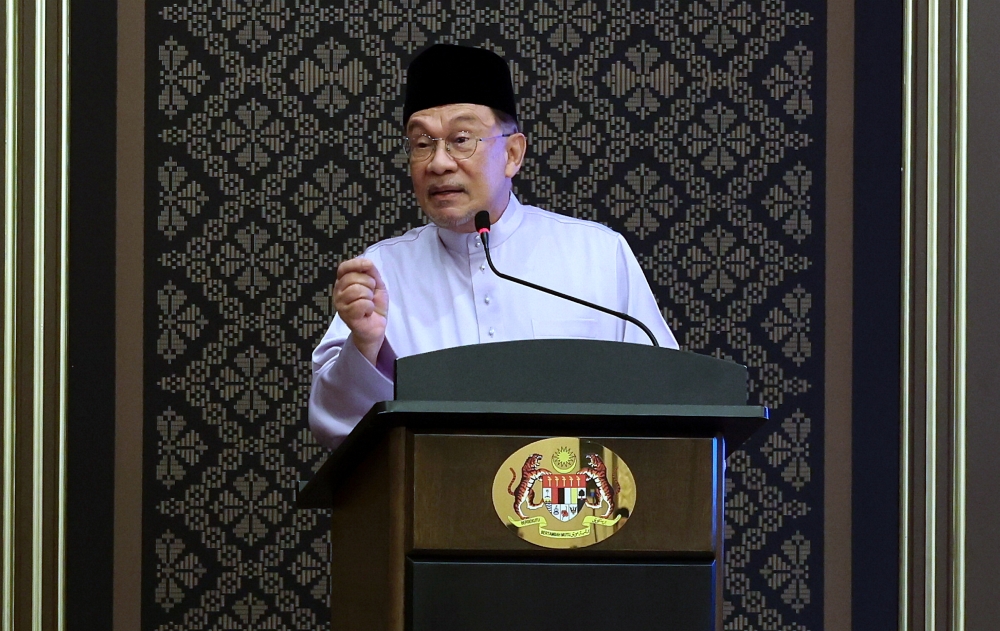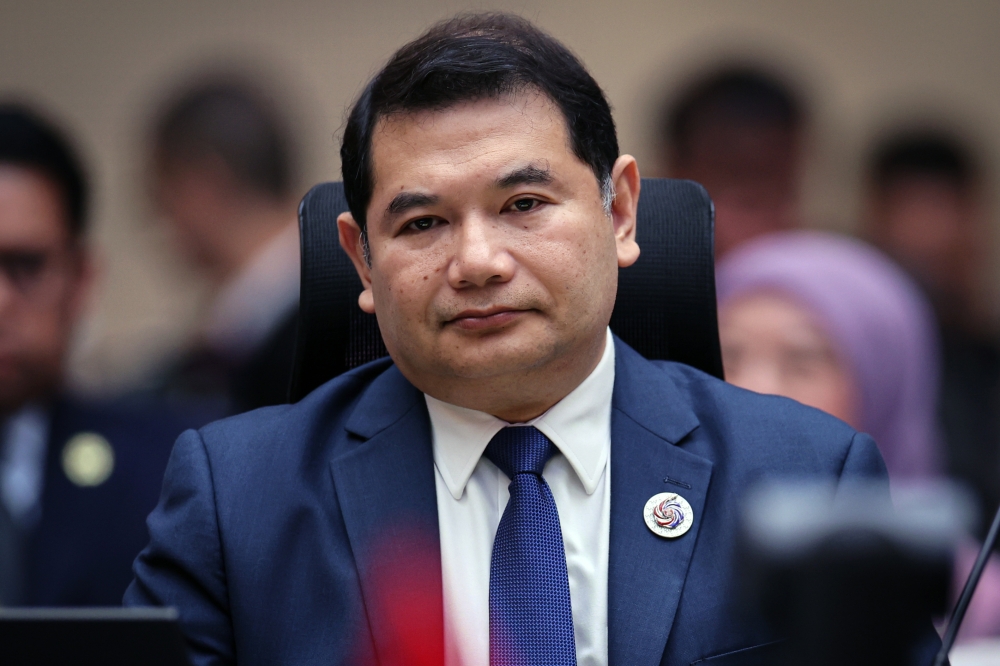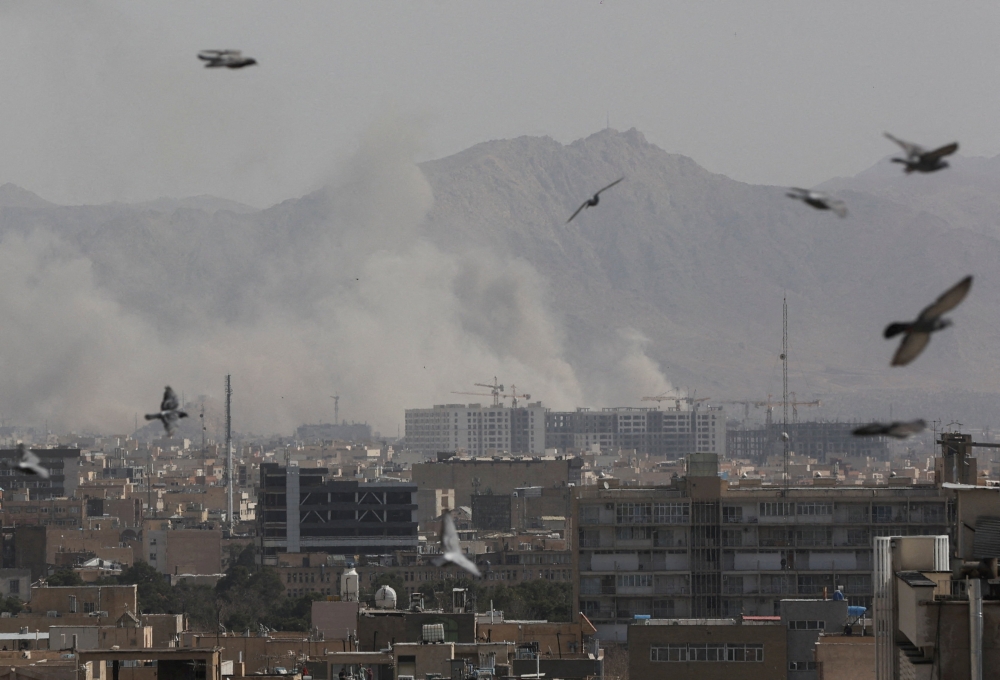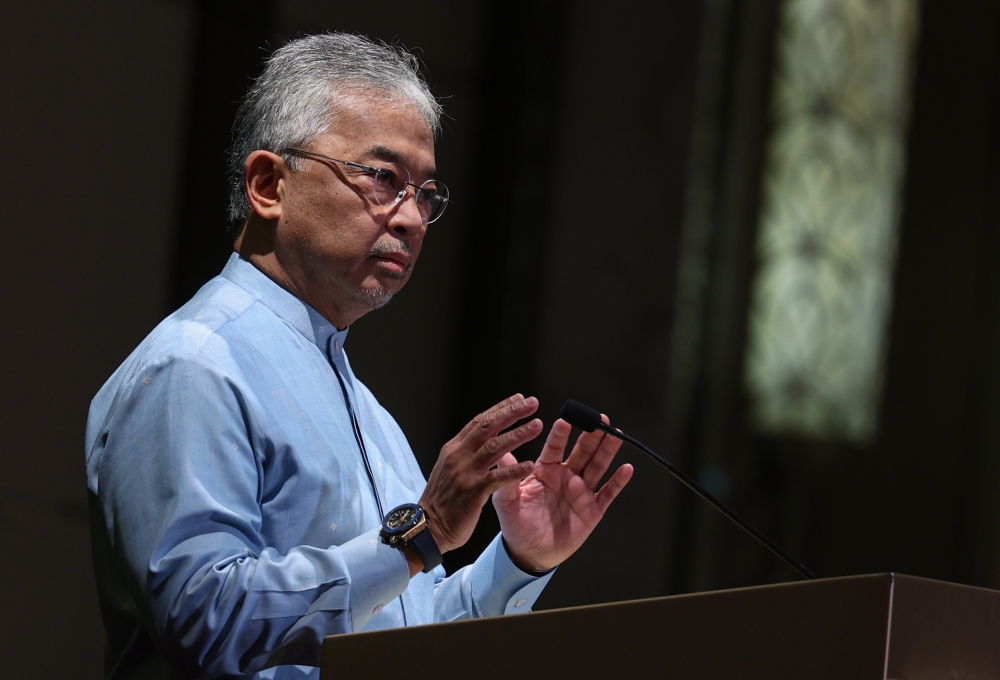FEBRAURY 6 — If in the past rural residents are often seen migrating to the cities, now we are
witnessing the opposite phenomenon — migration of urban dwellers to rural areas increased by 19.5 per cent compared to 4.2 per cent in 2016 which implies rural development can no longer be ignored.
Earlier this year, Minister of Rural Development, Datuk Seri Rina Mohd Harun, said the ministry is ready to front these challenges and changes, including efforts to attract foreign investors to invest in rural areas.
Rural areas are defined based on their low physical density and characterised by their isolation from economic centres of the country. Rural areas also known to be rich in natural resources and agriculture.
In the pursuit of modern transformation, rural areas are often neglected and underestimated. Whereas, rural development cannot be ignored and should be developed in line with the modernisation of urban areas.
This is because rural areas are an important national asset that possesses not only its special attraction and charm of its own, but also its natural resources and unique aesthetics.
Planning for rural transformation is not something new. However, some villagers are still in the same mental state where they are still not ready to accept the desired changes.
Rural communities believe that these efforts will lead to the loss of land rights, thus leading to higher costs of living.
Therefore, the implementation of rural transformation that would take place should promote the prosperity and welfare of the people in toto so that the gap between urban and rural areas can be reduced.
To boost economic growth, especially for people in rural areas, some basic things need to be emphasised before developing a transformation of the rural areas.
Improving the quality of schools in rural areas
The government needs to ensure more equitable distribution of funds between urban and rural schools. This could transform rural underprivileged schools into better academic institutes.
However, any decisions made must be preceded with in-depth research. There are times when a model cannot be used in every context. As an economic strategy in which economic model should be modified in accordance with the accuracy and the situation of society, the education system should also apply the same principle.
Have we ever thought that part of the education system may not be relevant to the lives of the rural population? To encourage the participation of rural citizens in education, schools need to be tailored to local content and be updated to keep pace with current developments.
This involves establishing special schools for students, including older people who have difficulty understanding formal learning, including basic reading, writing and counting skills.
These schools will hold intensive classes focused on improving literacy and basic skills specific to each village. Educators also need special training and a different pedagogical approach.
Empowerment of the English Language
Poor English proficiency is one of the factors hindering the growth of the rural economy and local businesses. Like it or not, English is the medium of instruction for bringing foreign investors to the rural area.
Therefore, English should be given priority and be taught in line with the other rural programs. However, there are challenges, including finding sufficient and qualified teachers, especially among the locals.
This is where the government can provide ample incentives for teachers who want to serve in rural areas, in terms of additional allowances, subsidised housing and transportation.
Skilled labour
The issue of mastery of skills and knowledge-based skills is a critical element, as skill enhancement is a national priority to boost productivity. Employers in rural areas can also be offered special business incentives for hiring workers from rural communities.
The Mentor-Mentee Programme is generally part of a successful skill learning system and also a concept that is accepted worldwide.
This programme can be offered to young people to engage in high-quality skills training. As a result, the youth are able to earn their own income while undergoing skills training.
Again, the government plays an important role and should be committed to improving the quantity and quality of mentor-mentee programmes in rural areas.
The private sector can also come in terms of finance for improvement in the training programme. Among the industries that are suitable for carrying out this programme is the handicraft industry, food processing, biotechnology, modern agriculture and husbandry industries.
In India, there is the initiative — All India Society for Electronics and Computer Technology (AISECT) and skills development that began in 1985.
It aims to deliver technological knowledge to the rural areas and promote training and ICT-based services to empower people, create employment for the youth and as a prelude to entrepreneurial initiatives in order to create an inclusive society.
A modern transportation system
A good public transportation guarantees a high quality of life in the area. For the sake of perfection of the rural transformation process, an efficient and reliable transportation system should be expanded. This is an opportunity for the villagers to move to other areas more conveniently.
Once again, the government plays a big role in ensuring that changes to the countryside are executed perfectly by modernising and expanding roads and railway lines.
Among other things that need to be prioritised is safety. Modern infrastructural facilities should be provided with proper security and safety. In terms of transport, safety modes that need attention include street lights, warning signs, cameras and traffic lights.
To ensure the economic potential of rural areas are developed to the maximum, agricultural and plantation areas, fisheries, forestry and mangrove border, as well as other rural economic activities must be connected with a wide array of infrastructure and communication technology.
I also believe that youth in the village should be encouraged to continue their rural activities such as farming, breeding, fishing activities, becoming a mountain guide, promoting tourism sites and many other interesting and rewarding rural jobs.
With this transformation plan, the rural population will continue to inhabit and develop the rural areas. But they must be equipped with better skills, with deeper knowledge, benefits of more advanced technology and of course, higher incomes.
All these — because the countryside and rural areas are an important asset for Malaysia to continue to grow and develop.
*Amir Jalal is a Research Associate at EMIR Research, a think tank focused on strategic policy recommendations based on rigorous research.
**This is the personal opinion of the writer or publication and does not necessarily represent the views of Malay Mail.





















